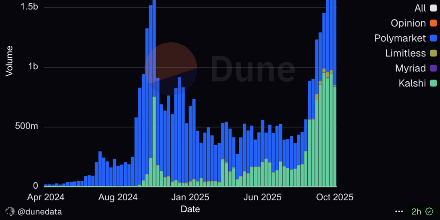Written by: JetStart
Translated by: Chopper, Foresight News
If you sell cryptocurrency the wrong way, more than half of your gains could end up as taxes. Imagine this: you make $200,000, but have to hand $110,000 straight to the IRS. Here’s how wealthy investors legally protect their profits.
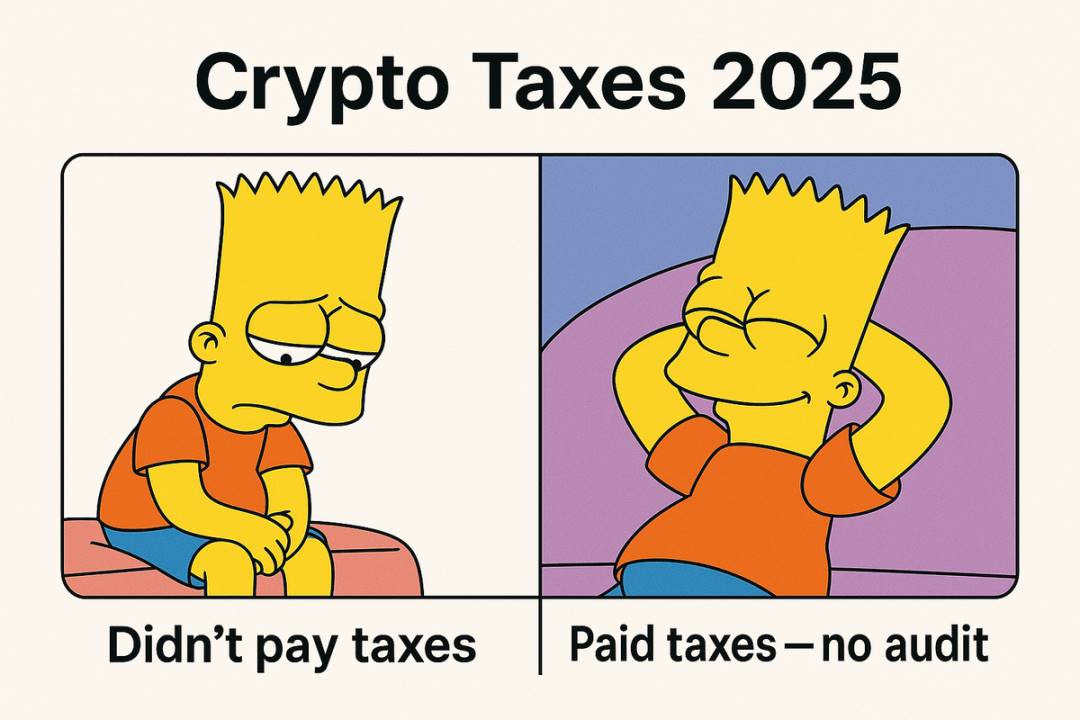
Big profits come with big headaches. Banks will question every transaction, and tax authorities will scrutinize your every move. Even buying a car or a house can turn into a nightmare. Without advance planning, your gains could disappear quickly.
Strategy 1: Borrow Instead of Selling
Use your bitcoin or ethereum as collateral to borrow cash or stablecoins. This way, you can unlock liquidity without touching your holdings.
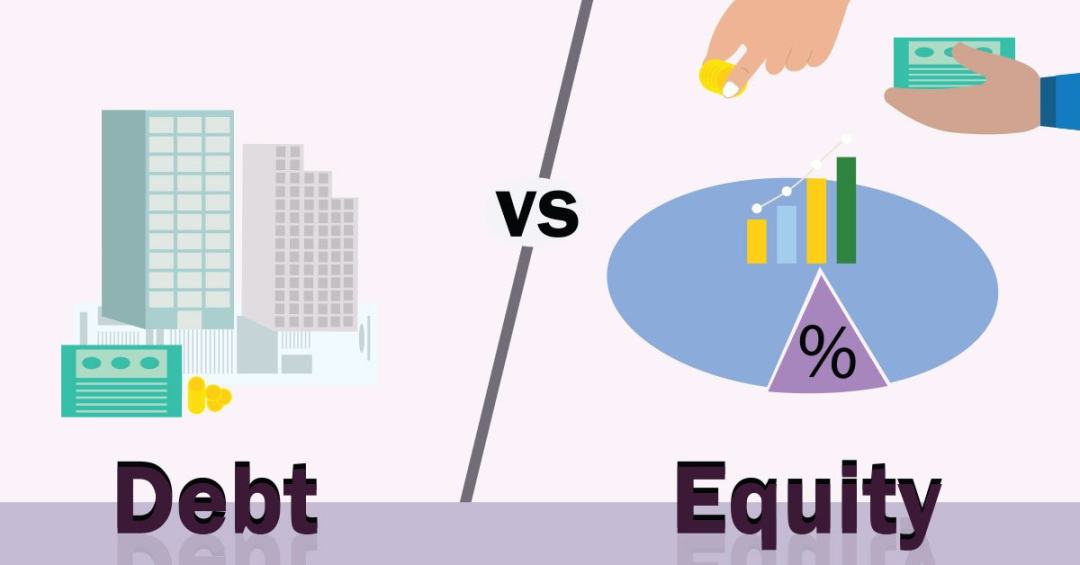
For example: with $1,000,000 in bitcoin, at a 30% collateral rate, you can borrow $300,000. You keep your tokens and get funds tax-free.
This method works for a simple reason: loans are not considered income.
When you borrow money, the IRS does not treat it as a taxable event. Your cryptocurrency remains under your control and does not trigger capital gains tax.
The big players borrow conservatively by using low collateral ratios.
Strategy 2: Relocate Before Selling
Different countries have different tax rules for crypto gains. Moving to these places before cashing out could save you millions in taxes.
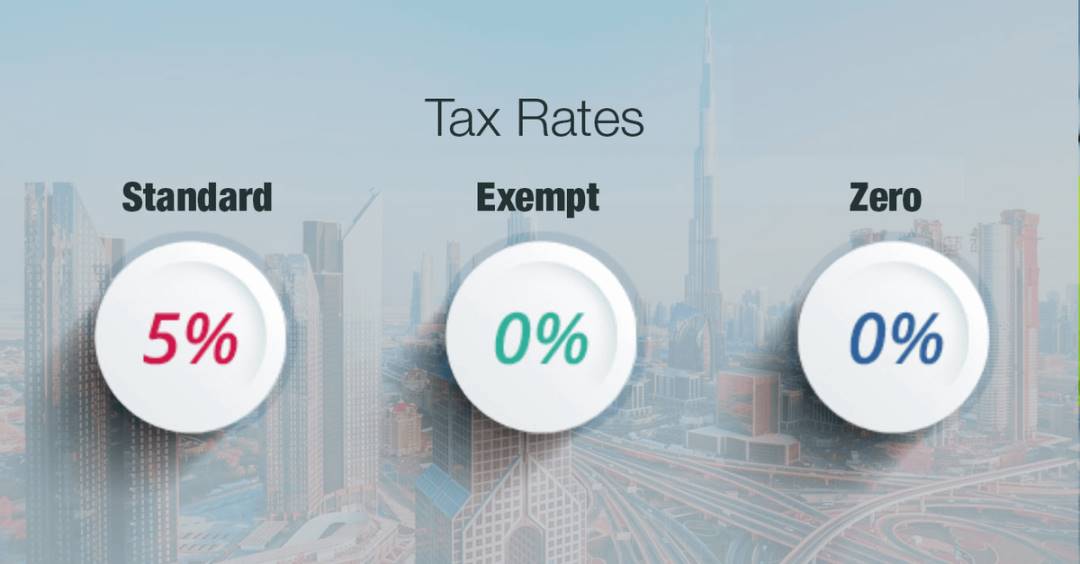
Popular choices include Puerto Rico (0% tax rate under Act 60) and the UAE (no income or capital gains tax).
Strategy 3: Use Offshore Entities
Set up a company in tax havens like the Cayman Islands, British Virgin Islands, or Seychelles. The company, not you personally, holds the cryptocurrency. When the company sells crypto, it does not trigger your personal capital gains tax. As long as the structure is set up properly, this method is completely legal.
You don’t have to withdraw profits yourself; your offshore company can lend you the funds. Loans are not considered income, so there’s no tax liability. You can use these funds to buy real estate, pay salaries, or invest.
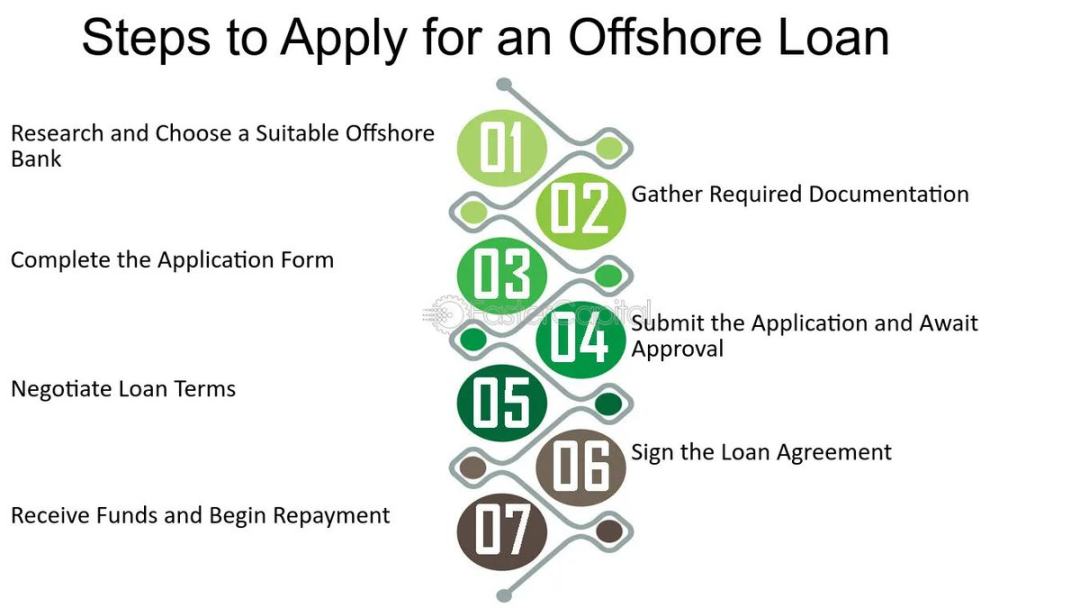
This approach brings a series of benefits for crypto whales:
-
Personal wallets can remain private and are harder to trace.
-
Bank statements show loan repayments instead of taxable income.
-
On-chain activity avoids direct traces of crypto sales.
-
If the structure is set up properly, taxes can be minimized or even eliminated legally.
Summary
Wealthy investors almost never sell their cryptocurrency directly. They use collateralized loans, relocation strategies, and offshore entities to protect their profits. Today, understanding these rules is more important than ever.

